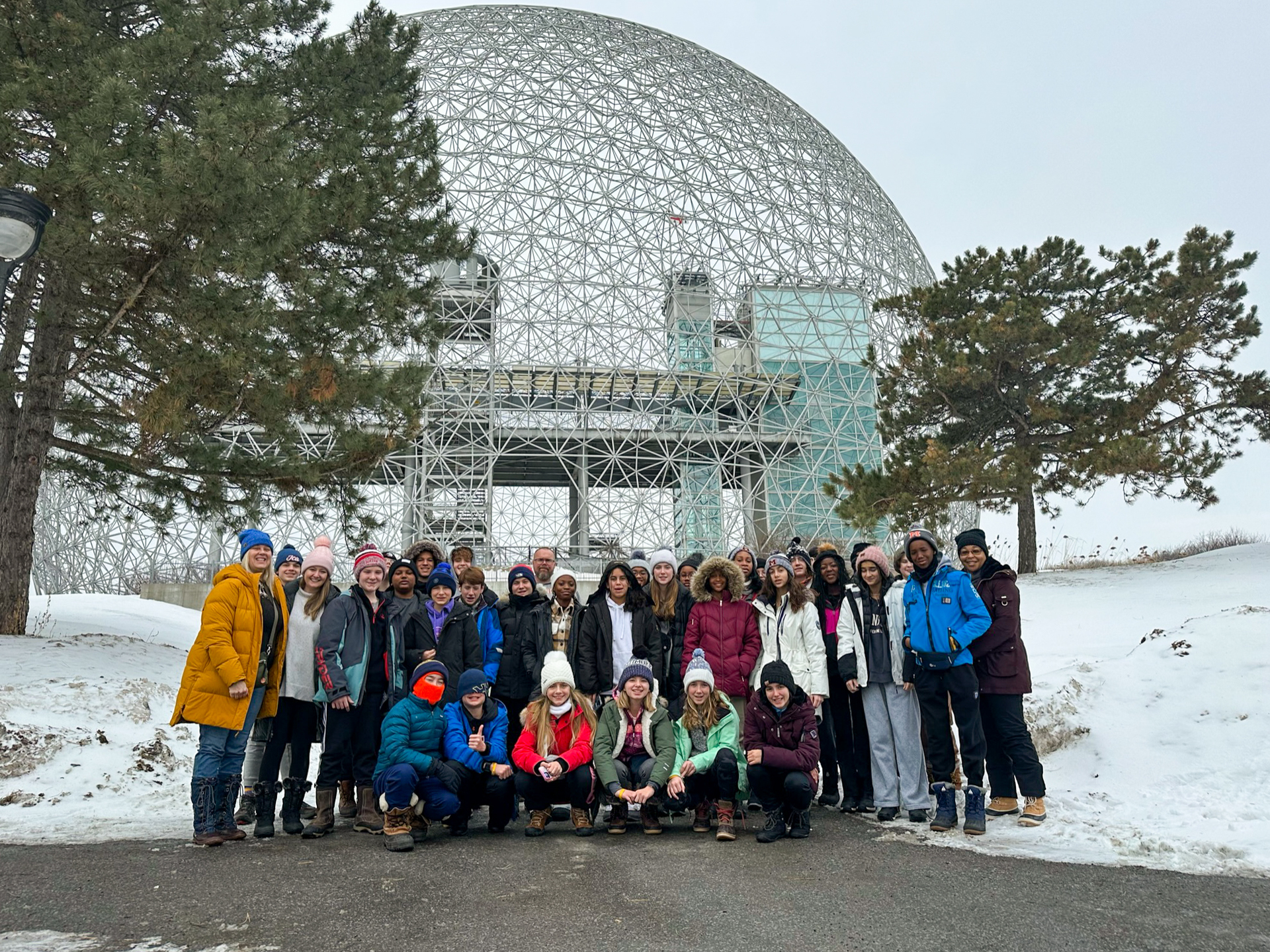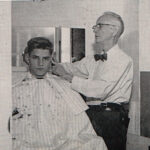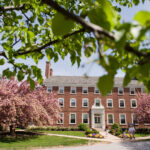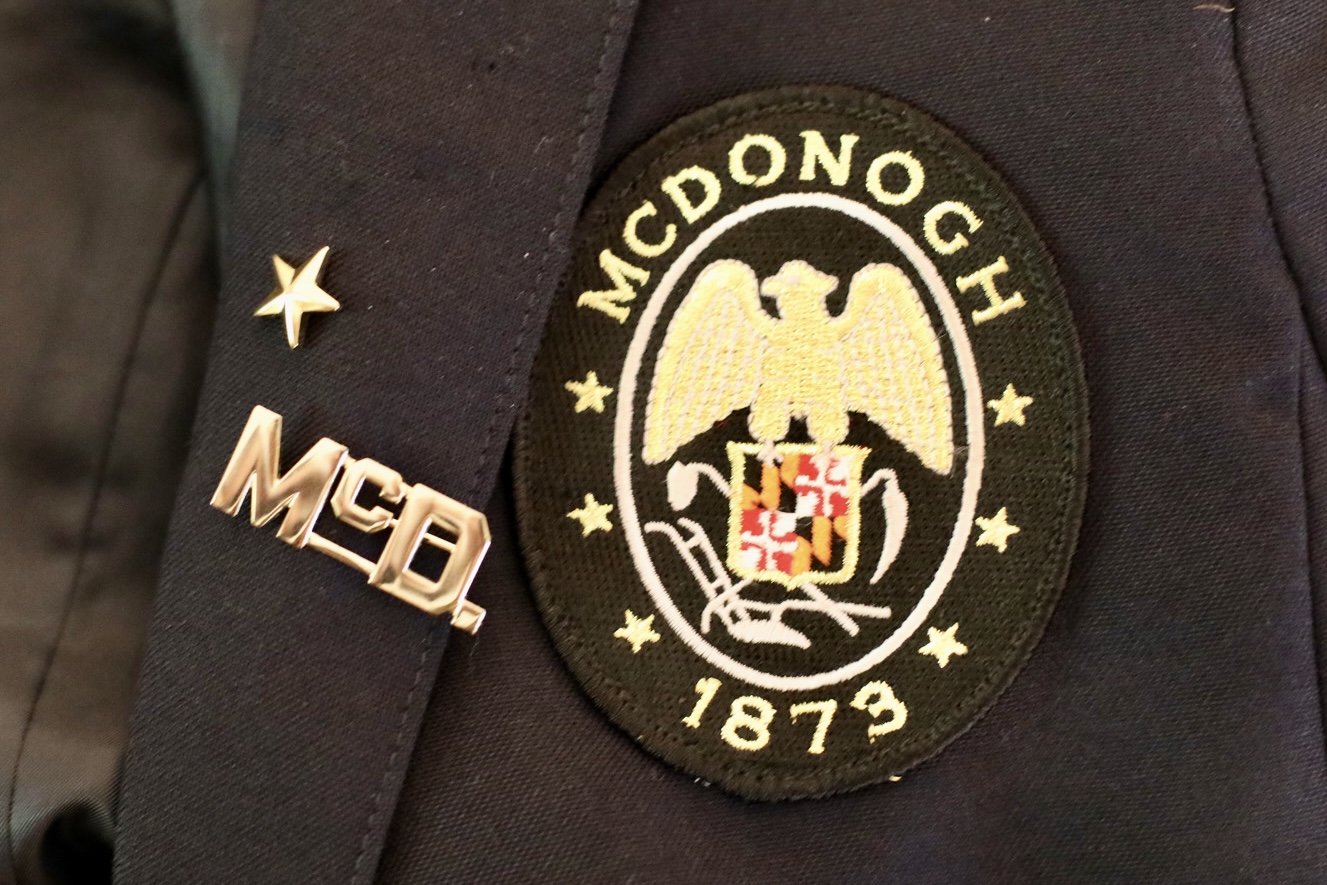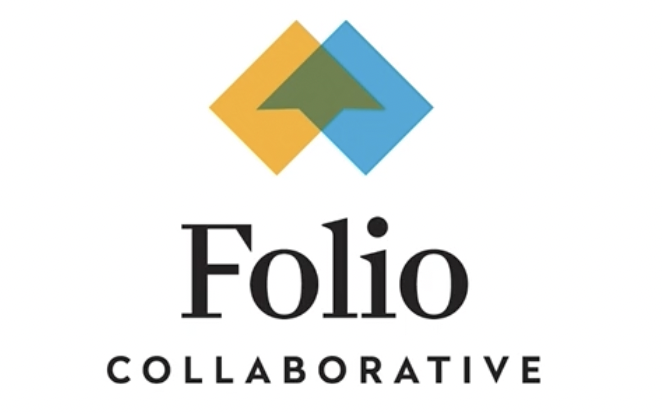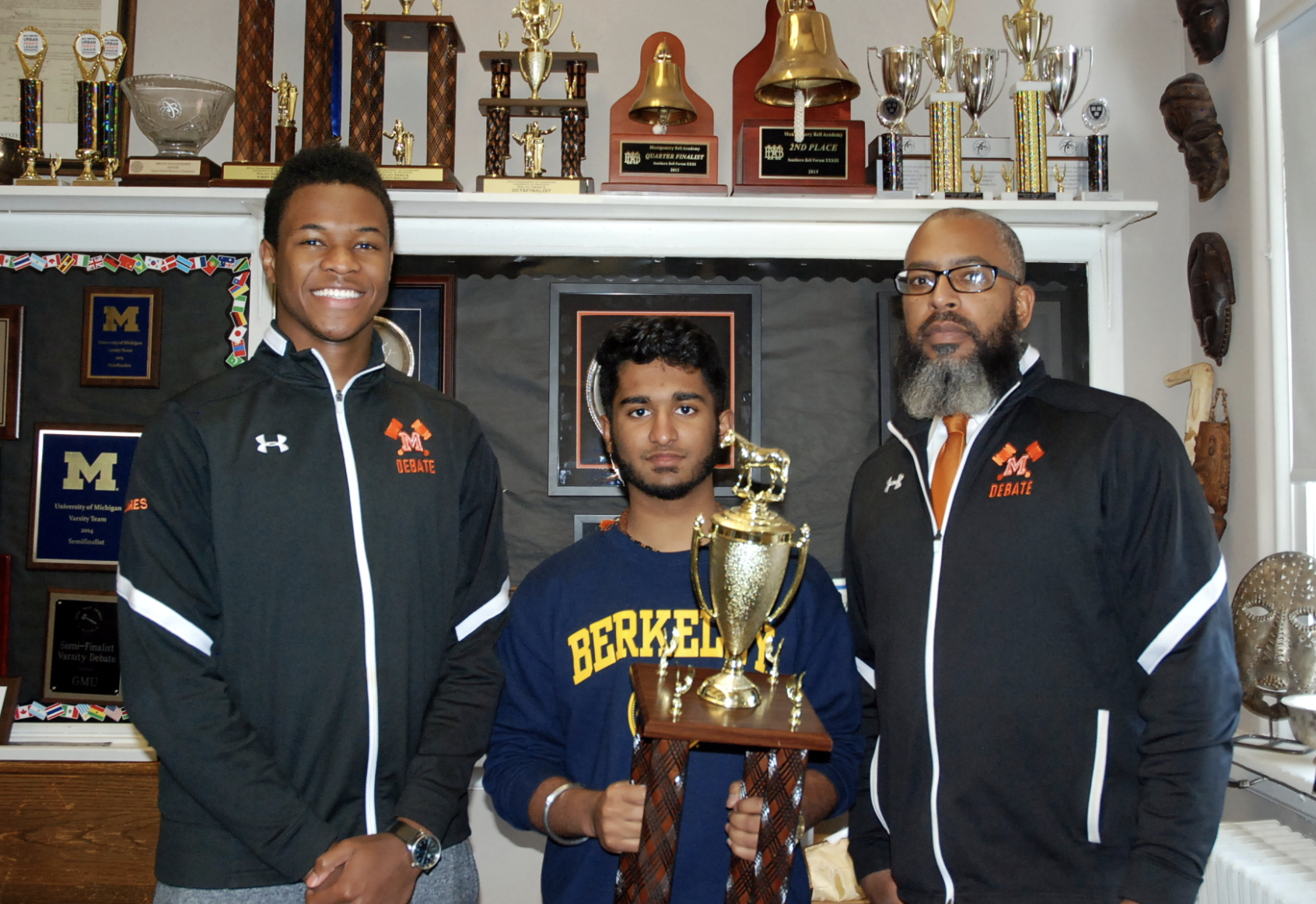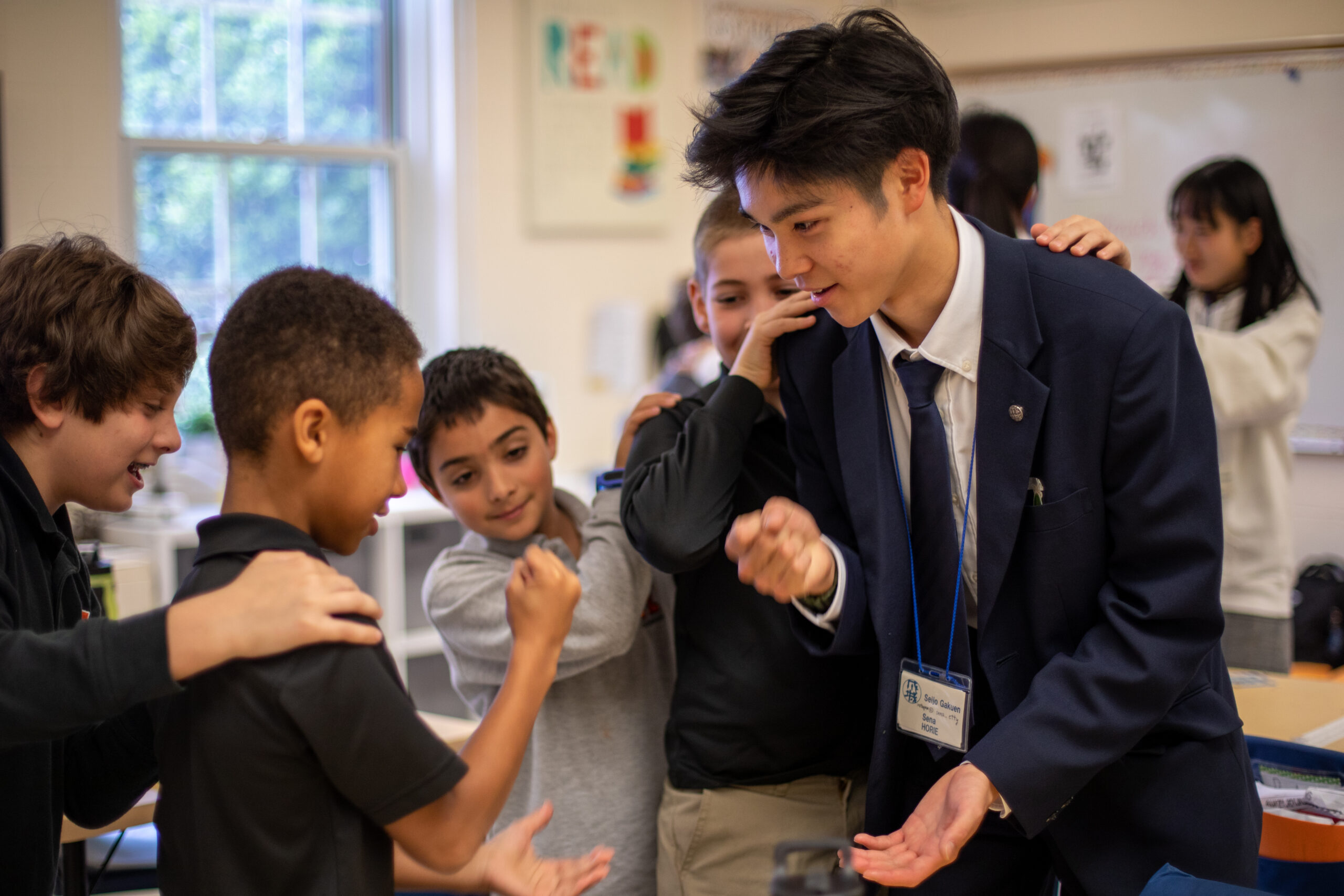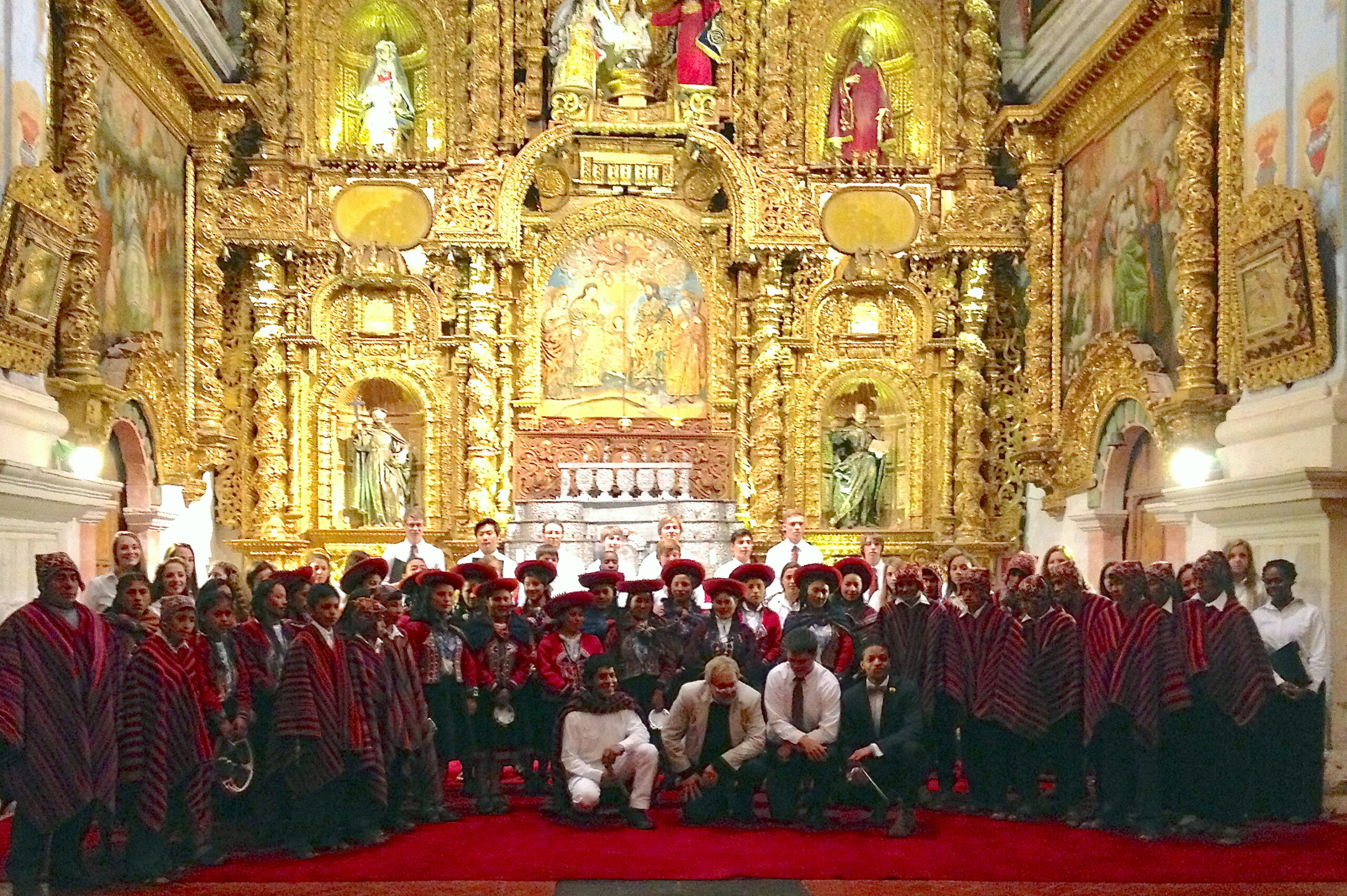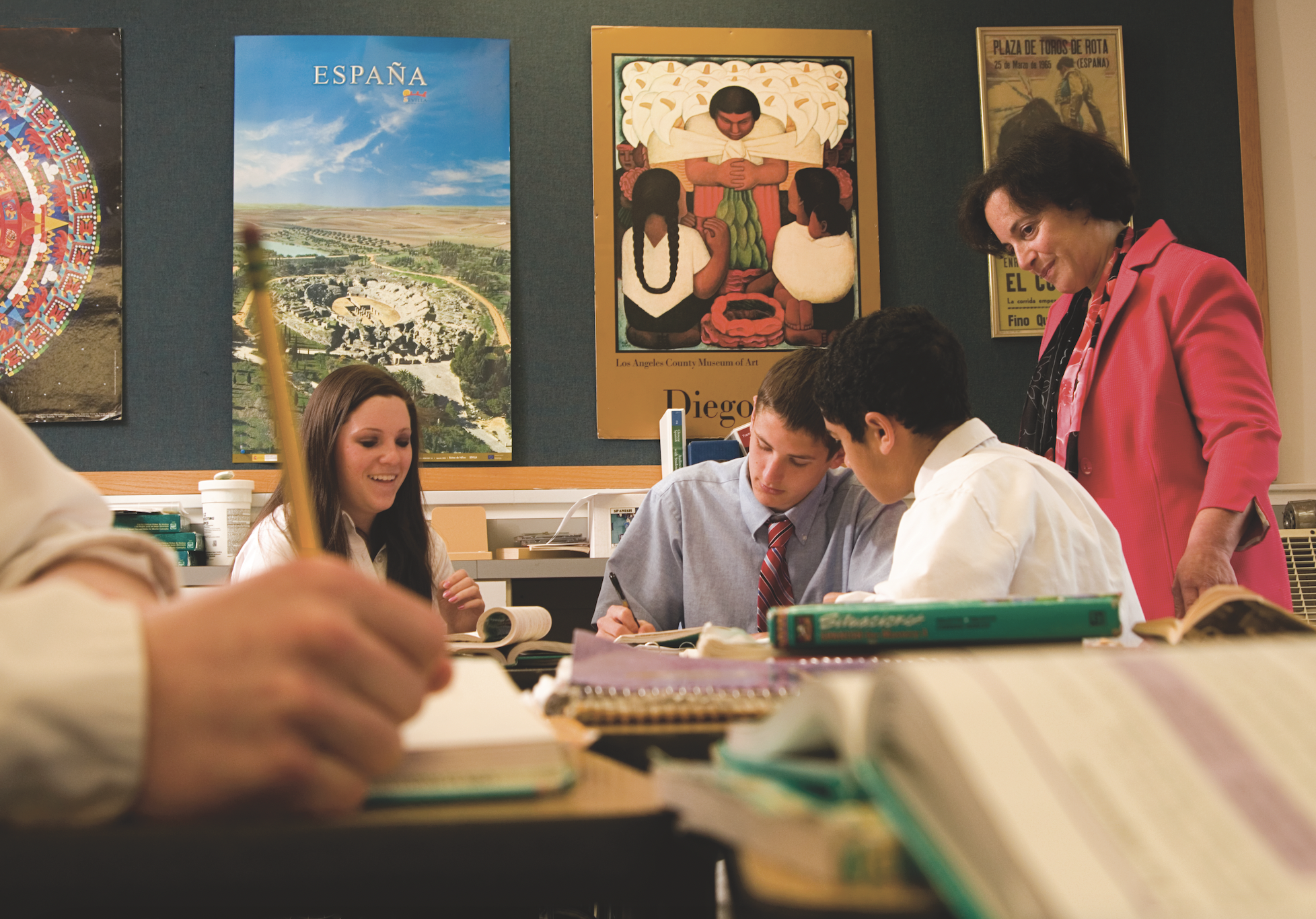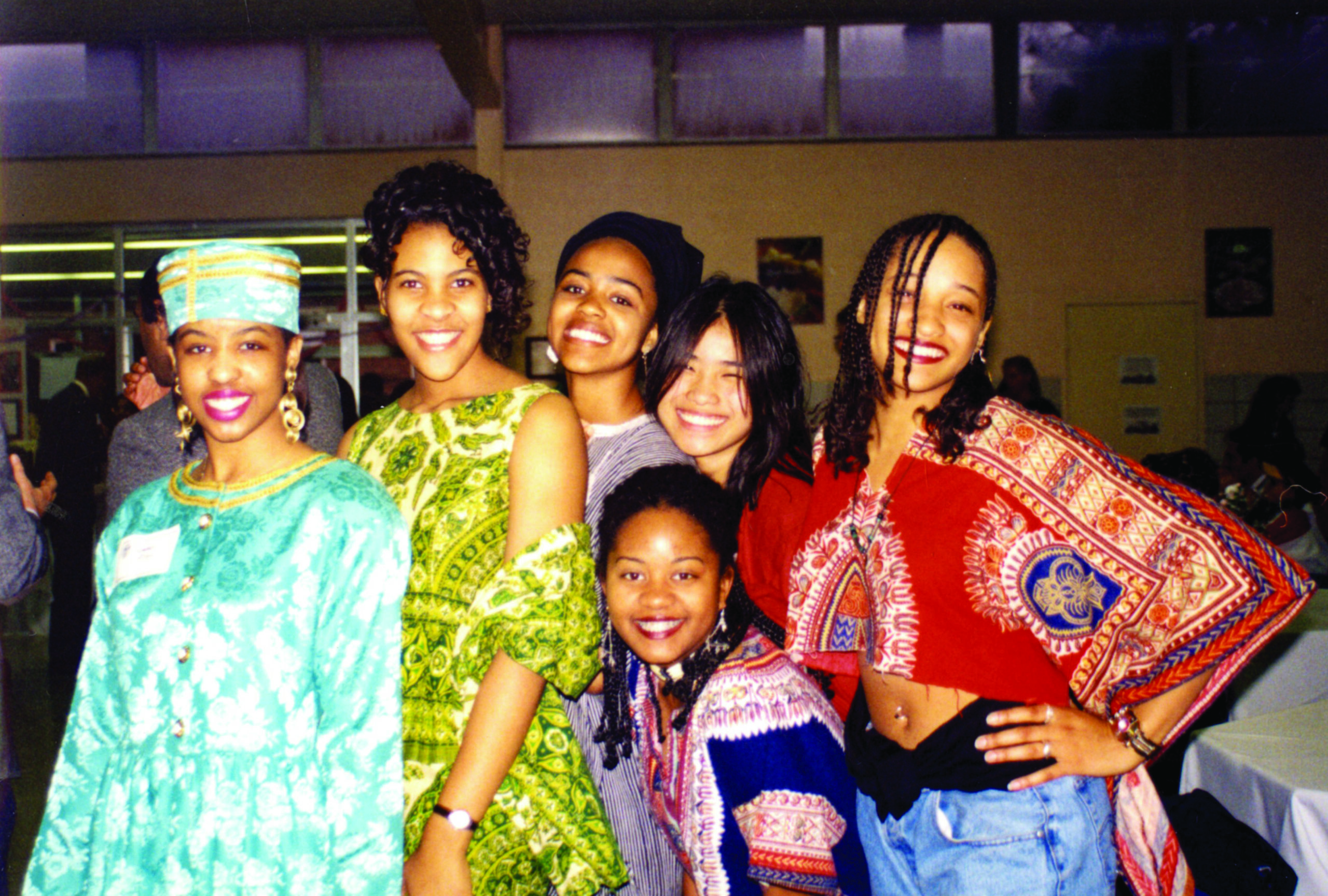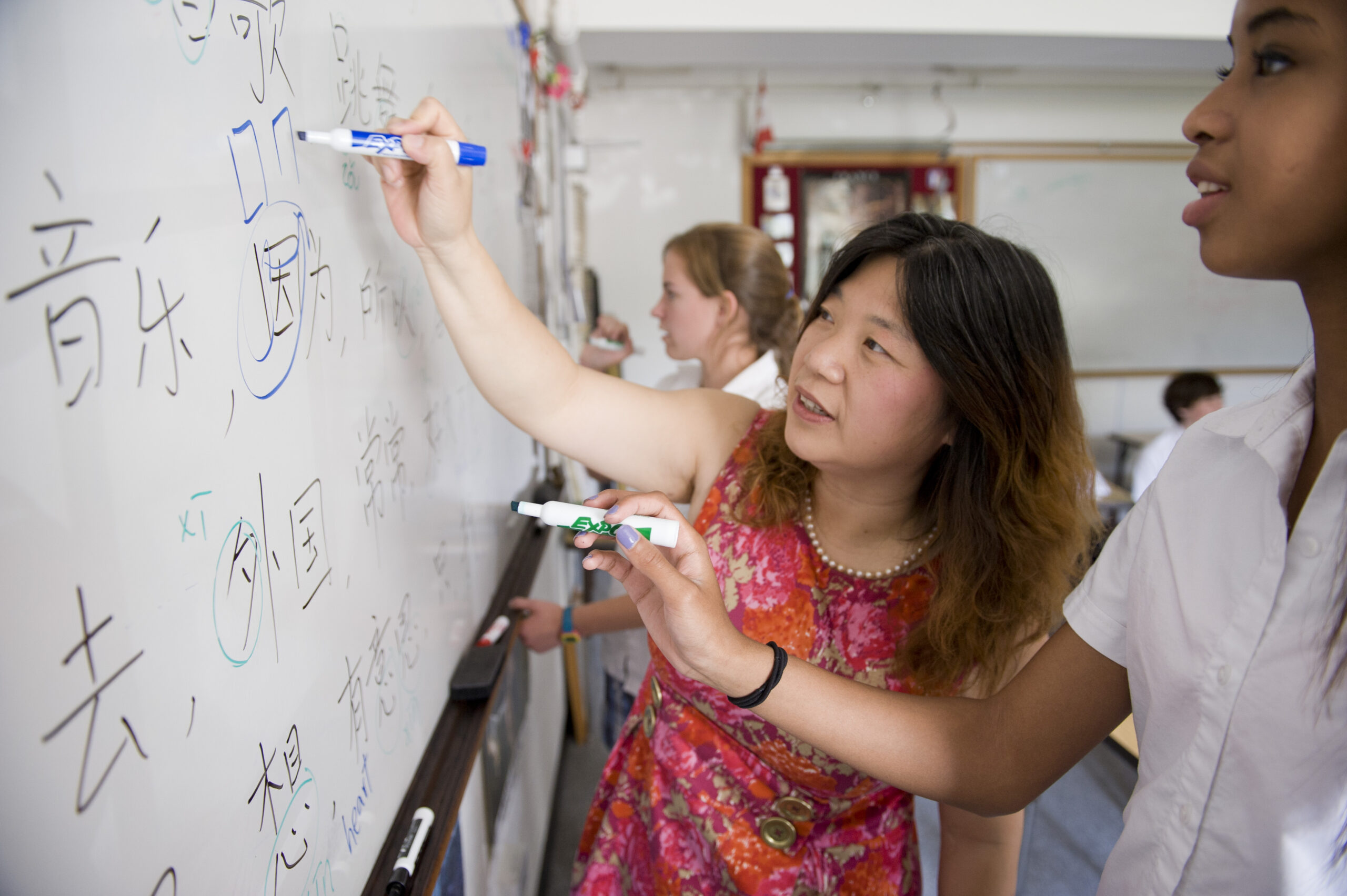McDonogh’s history with student exchange programs began five decades ago in 1973 when a chapter of AFS (American Field Service) was established at the School. As interest in travel abroad evolved, Upper School History teacher Dave Harley, a consummate ambassador for McDonogh, established two exchange programs, one of which carries on today. Participants live with families, attend classes at the host school, and take cultural excursions.
In 1987, while the Cold War was still a fact of international life, Harley started an exchange with School 119 in Odessa, Ukraine, USSR. At the time, McDonogh was only the second high school in the country to have an exchange with a Soviet school. The next year, ever on the lookout for a new adventure, he began an exchange with the Seijo Gakuen School in Japan. The success of the programs was due to Harley’s open-mindedness and genuine respect for foreign peoples and their cultures. He not only endeared himself to them but also served as an example to his traveling companions.
Another opportunity for cultural exchange was through the universal language of music and the Concert Choir trips. Students performed in Great Britain, Italy, the Czech Republic, Canada, Poland, Croatia, Russia, Spain, France, and Peru.
An article in the February 14, 1990, issue of The Week illustrated the depth of McDonogh’s program at the time. It began, “Everyone at McDonogh is looking forward to the arrival of exchange students from France, Germany, and the Soviet Union in upcoming months. The fifteen Costa Rican students and Sister Luz Maria were the first of many foreign groups that will spend time at McDonogh this year.”
After a brief description of the itineraries and positive impressions of students who traveled or hosted, the article concluded, “The hosts of the Costa Ricans have already said their goodbyes but they are looking forward to seeing their correspondents again when they travel to Costa Rica from June 11 to July 3. When junior Walt Sipe was asked what he got out of hosting his Costa Rican Alvaro Palma, he responded, “A friend.” This seems to be the common theme and one of the greatest advantages to being part of an exchange.”
Today, global learning at McDonogh involves more than travel. McDonogh’s Global Engagement Program, which completed its third year in the spring of 2023, is tailored to meet the needs and interests of students in prekindergarten through twelfth grade. In fact, the name of the program itself varies by division. Lower schoolers learn about Global Connections while middle schoolers examine Global Perspectives. In Upper School, students immerse themselves in Global Issues in various ways.
In each division, students learn and broaden their horizons through history, social studies, science, English, and world languages curricula. Coursework is enhanced by travel opportunities, student exchange visits, and other enriching experiences. By the end of their McDonogh journey, students have a greater perspective on the world and a better understanding of and appreciation for those in it.
“Global engagement is a critical component of LifeReady learning,” notes Dr. Kevin Costa, Director of Innovation and Learning. “Our students are living—and will go on to lead—in communities near and far. A McDonogh education must help them develop the ‘muscles’ needed to investigate the world, to seek a range of perspectives, to communicate effectively and nimbly across a range of domains, and to take meaningful action when the circumstances necessitate.” Read more in the Summer 2023 issue of McDonogh Magazine.
